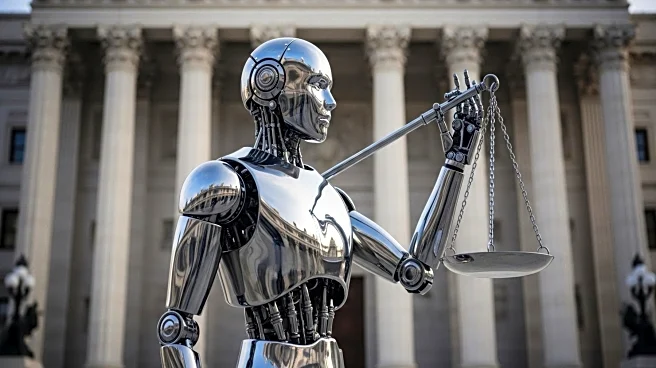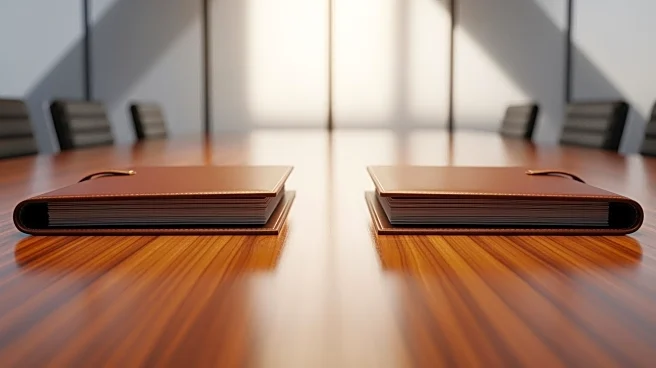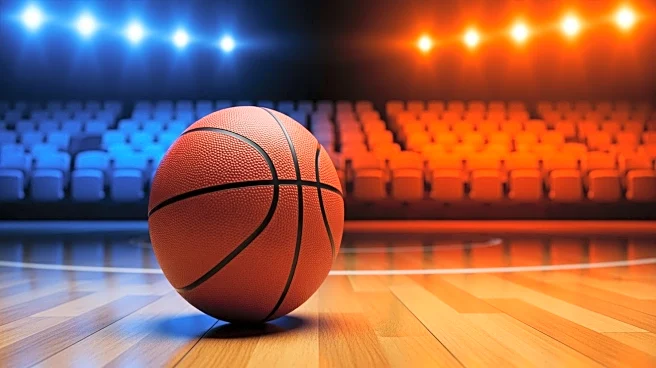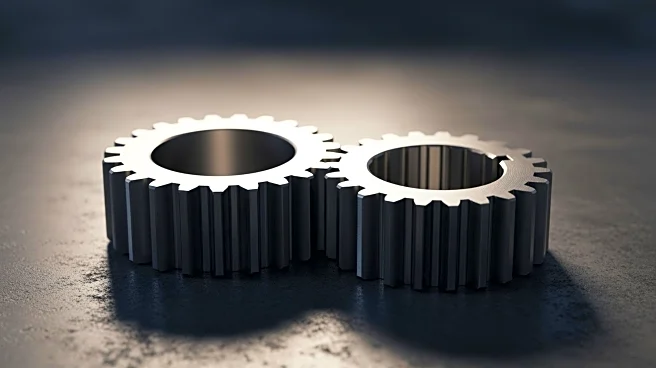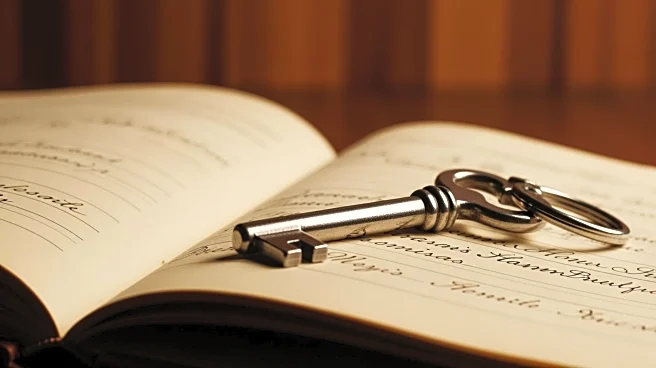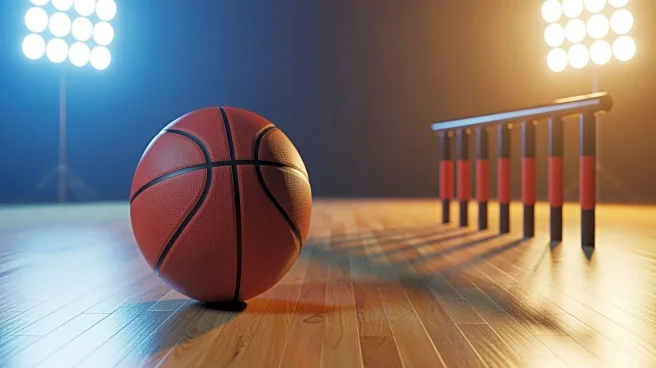What's Happening?
Hollywood is currently embroiled in significant legal disputes with AI firms over copyright issues. The core of these disputes revolves around whether using existing copyrighted works to train AI databases constitutes a violation of copyright law. Recently, AI firm Anthropic reached a $1.5 billion settlement with a group of authors, highlighting the financial stakes involved. Additionally, Warner Bros. Discovery has joined Disney and NBCUniversal in a lawsuit against AI firm Midjourney, further escalating the legal tensions. The central question in these cases is whether AI training is considered 'fair use,' a standard that limits copyright restrictions. Recent federal court decisions have leaned towards viewing AI training as transformative, thus supporting the fair use argument. This legal landscape is crucial for Hollywood as it navigates the balance between regulating AI's reach and utilizing AI technology in its own productions.
Why It's Important?
The outcome of these legal battles could have profound implications for the entertainment industry and the broader creative sector. If courts continue to favor the fair use argument, AI firms may gain more freedom to use copyrighted materials for training purposes, potentially reducing compensation for creators. This could impact the financial dynamics of the industry, affecting authors, artists, and studios. On the other hand, if the courts shift towards stricter copyright enforcement, it could limit AI's development and integration into creative processes, affecting innovation and efficiency in production. Hollywood's major studios are keen to protect their intellectual property while also exploring AI's potential benefits, making these legal decisions pivotal for future business strategies.
What's Next?
As the legal battles unfold, major stakeholders in Hollywood are likely to continue advocating for their interests in court. The entertainment conglomerates will need to carefully navigate these disputes to avoid hindering their own use of AI technology. Additionally, the industry may see increased lobbying efforts to influence copyright legislation, aiming to establish clearer guidelines for AI usage. The ongoing litigation could also prompt further settlements or court rulings that redefine the boundaries of fair use in the context of AI, shaping the future of creative rights and technological innovation.
Beyond the Headlines
The legal disputes over AI and copyright raise broader ethical and cultural questions about the ownership of creative works and the role of technology in the arts. As AI becomes more integrated into creative processes, the definition of originality and authorship may evolve, challenging traditional notions of intellectual property. This could lead to a reevaluation of how creative contributions are valued and compensated, potentially influencing cultural production and consumption patterns.
